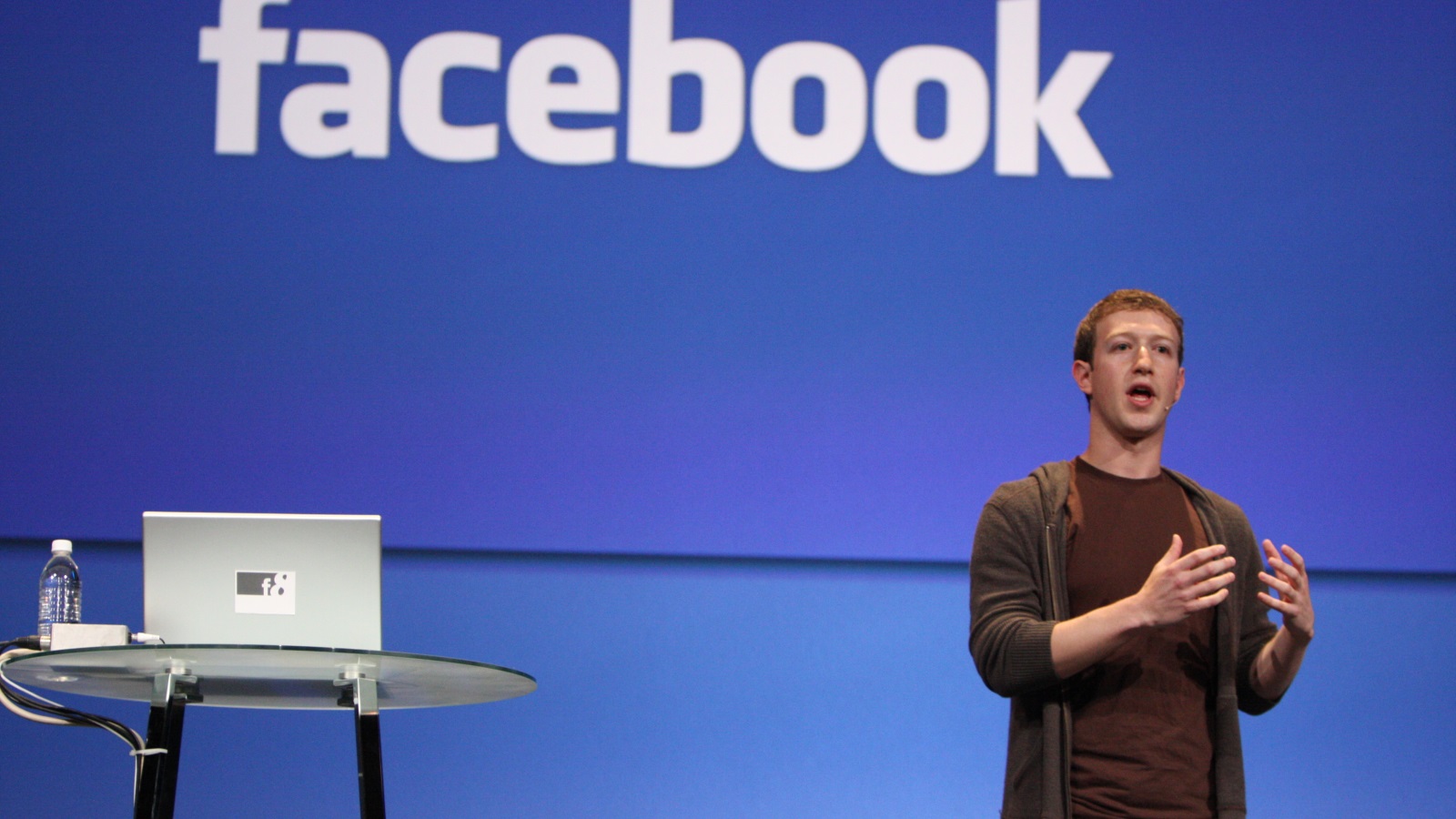 NEWS
NEWS
 NEWS
NEWS
 NEWS
NEWS
A few times a year, you might notice a sudden outpouring of emotion on your Facebook news feed as friends and acquaintances express their condolences to each other about the sudden death of America’s favorite Golden Girl, Betty White. They share their fondest memories of the actress, and post their favorite pictures of her with the heartwrenching caption, “RIP Betty White.” There are several possible reactions to these posts. You might wipe away your tears and hit the Share button, to let your friends know how much you’re going to miss her.
If you’re a little more internet savvy, you might post a link to the Snopes page to try to inform your friends that it’s all a hoax, and that Betty White is alive and well. Or you might get frustrated at all the nonsense clogging your news feed, and sign off of Facebook for the day. That’s not good for Facebook, Inc. They announced today that they would begin making an effort to reduce the amount of hoaxes seen in news feeds.
In much the same way users can report spam and inappropriate content on Facebook, they can also indicate that a post is a hoax. When enough people report that a particular piece of content is false, that content will get reduced distribution in news feeds. Facebook is also monitoring posts that are shared and then deleted by users. This is often what happens when users discover that the content they posted was false, so Facebook will reduce the distribution of those items when that behavior happens repeatedly. Facebook made it clear that it wouldn’t remove the stories. Rather, it will just make sure that users don’t see them.
This change has the potential to improve the quality of news feed items, but it also raises some concerns. Facebook said that satire sites shouldn’t be negatively affected. For websites such as The Onion, that’s a good thing. There are, however, a growing number of websites that claim to be satire sites, that aren’t satirical in the slightest. They publish “news stories” that are completely fabricated, and only offer a small print disclaimer on their About Us page to let people know that it’s supposed to be satire. These websites were particularly reckless during the Ebola scare, publishing false news stories about schools and universities with student outbreaks. If Facebook’s new hoax policy doesn’t reduce those types of stories, it would be a huge disservice to its users.
Facebook wasn’t clear on how it will treat less malicious content items that could be classified as hoaxes. Take for example the Facebook Messenger frenzy. News feeds were full of posts from users who vowed to quit using Facebook Messenger. They claimed, among other things, that the app demanded permissions that would allow Facebook to take pictures with your phone without you knowing it. In some ways, the posts were technically accurate. Most modern apps require the same permissions, though, so the posts were misleading. Could those posts be classified as hoaxes? Definitely. Should Facebook reduce those posts, which, incidentally, are harmful to Facebook’s goals? That’s a good question. What about political posts. Depending on one’s ideology, a post could be considered a hoax by one person, and the absolute truth by another. Is Obamacare causing health insurance premiums to rise? Is amnesty for illegal aliens going to overburden the welfare system? Is President Obama secretly a Muslim? Are these types of posts going to be reduced if enough people mark them as false? If so, does that mean the system can be gamed, similar to the “Miserable Failure” Google Bomb technique we saw in the past? Reducing the amount of hoaxes seen on Facebook is a noble goal, but it’s not as simple as black and white. The World’s largest social network needs to provide additional details about how it will handle content that falls in the gray area.
Support our mission to keep content open and free by engaging with theCUBE community. Join theCUBE’s Alumni Trust Network, where technology leaders connect, share intelligence and create opportunities.
Founded by tech visionaries John Furrier and Dave Vellante, SiliconANGLE Media has built a dynamic ecosystem of industry-leading digital media brands that reach 15+ million elite tech professionals. Our new proprietary theCUBE AI Video Cloud is breaking ground in audience interaction, leveraging theCUBEai.com neural network to help technology companies make data-driven decisions and stay at the forefront of industry conversations.